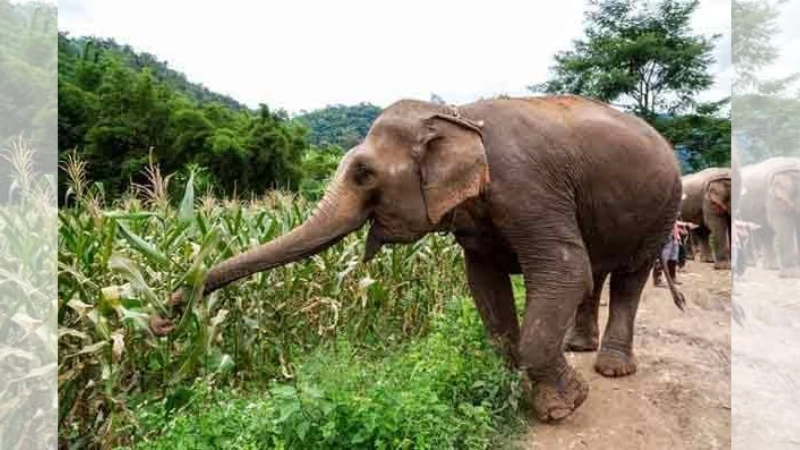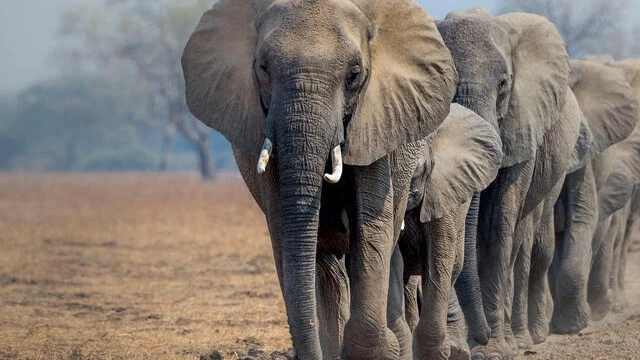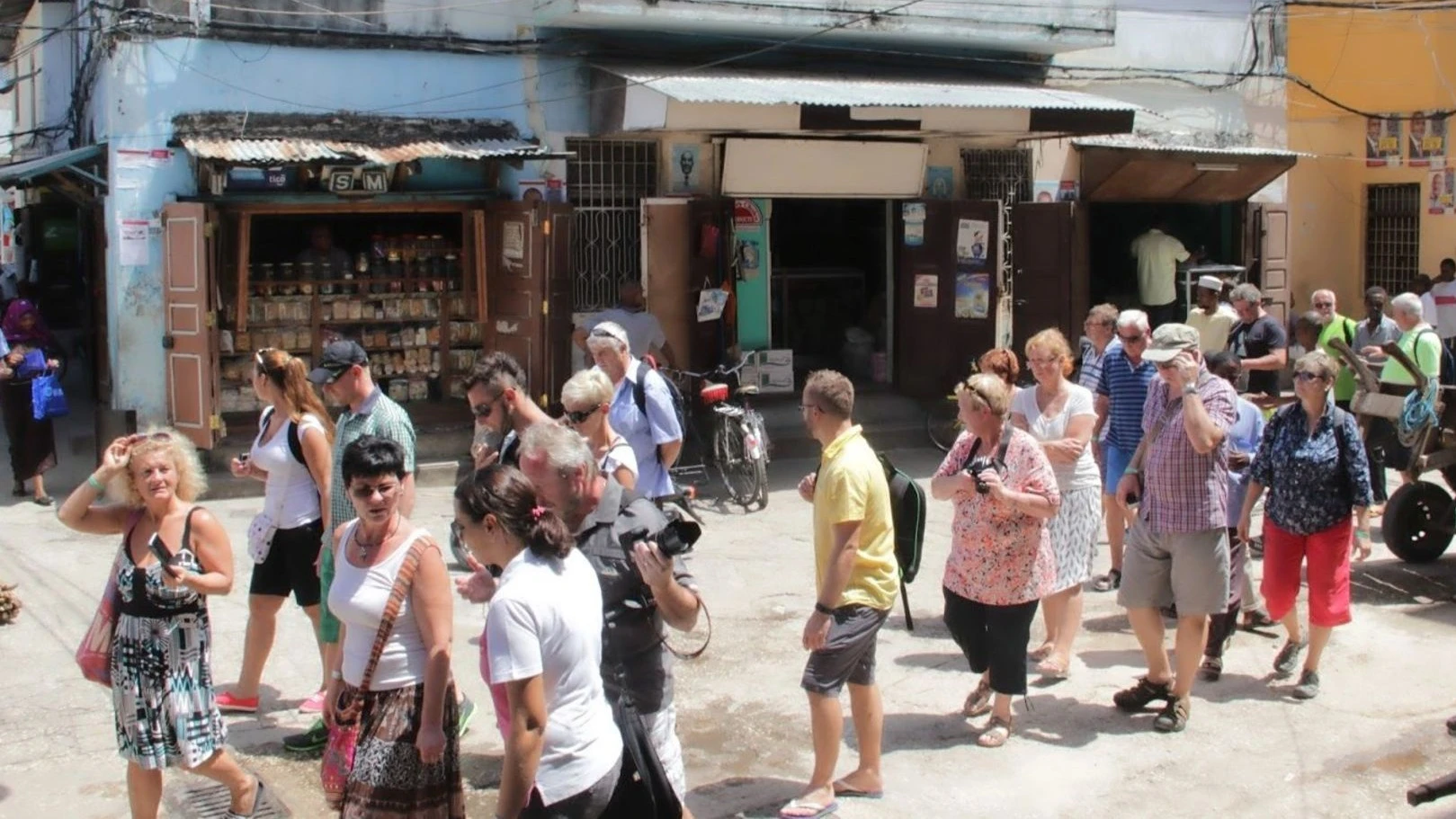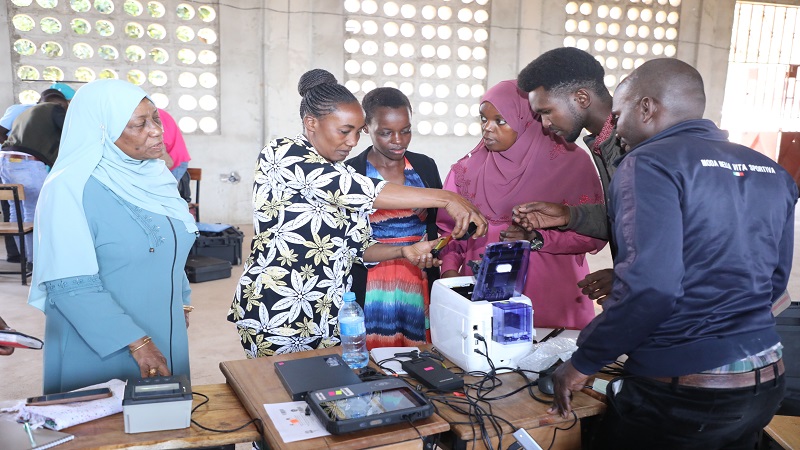Villagers call for research on rising elephant crop raiding behaviour

RESIDENTS in Likuyu Sekamaganga village in Namtumbo District, Songea Region have called on the government, through the Tanzania Wildlife Research Institute (TAWIRI), to conduct research on increasing incidents of elephants entering farms and human settlements.
The villagers claim that in recent years, there has been an increase in incidents of elephants invading farms compared to previous years, insisting that most of the incidents have been reported in the last three years, from 2022 to 2024.
“In the past, our parents coexisted with these wild animals, but there was no such damage to crops. We still don’t know the exact reason, but perhaps there is something they are fleeing from in the reserve,” said Abdallah Haule, Local Government Chairman, Likuyu Sekamaganga village when briefing members of the Journalists Environmental Association of Tanzania (JET) on the various efforts by the government and stakeholders in tackling Human-Wildlife Conflict (HWC).
Likuyu Sekamaganga is one of the villages that are near to the Selous-Niassa Wildlife Corridor that connects Nyerere National Park and Mozambique’s Niassa Reserve.
Haule noted that due to the on-going HWC, the village, which has a population of 5,531, had most of its people experiencing great crop loss this farming season as a significant portion of the crops were destroyed by elephants.
He however called upon relevant authorities to fit elephants with GPS collars so that when they about to approach farms or human settlements, the collar will send a message, thus ensuring timely response from village game scouts (VGS) as well as game wardens from the district, Tanzania Wildlife Management Authority (TAWA) and Tanzania National Parks (TANAPA).
He also suggested construction of permanent camps for VGS to be erected near the park, a move he said would make it easier for them to drive the animals back into the park before they enter farms and human settlements.
Neema Mwakatimbo, Likuyu Sekamaganga Village Executive Officer (VEO) said that more needs to be done to educate villagers on coexistence with the wild animals as well as cultivating alternative crops that are less elephant friendly such as sunflower and sesame.
“The problem is big; elephants have destroyed most of our farms this farming season. I was expecting to harvest 100 sacks of maize but I ended up getting 30 sacks,” she remarked.
A VGS, Hassan Mkonde said they are working closely with wildlife officers from district, TAWA and TANAPA. He acknowledged the support from stakeholders—German Development Agency (GIZ) for providing them with training at the Community Based Conservation Training Centre (CBCTC) in Likuyu Sekamganga.
GIZ is implementing the Mitigation of Human Wildlife Conflict in Tanzania project in the Ruvuma Landscape on behalf of Germany’s Federal Ministry for Economic Cooperation and Development (BMZ).
Mkonde insisted the need for research following increased elephant raids on farms, noting the animals are now becoming familiar with some techniques used to scare them, hence the increase in raids.
Acting Natmtumbo District Administrative Secretary, Haruna Mang’uli linked the increase in HWC with villager’s limited understanding on conservation issues, adding they have been collaborating with GIZ in providing education on the importance of conservation as well as how to prevent the animals from entering farms by using smelly repellent.
Top Headlines
© 2024 IPPMEDIA.COM. ALL RIGHTS RESERVED






















